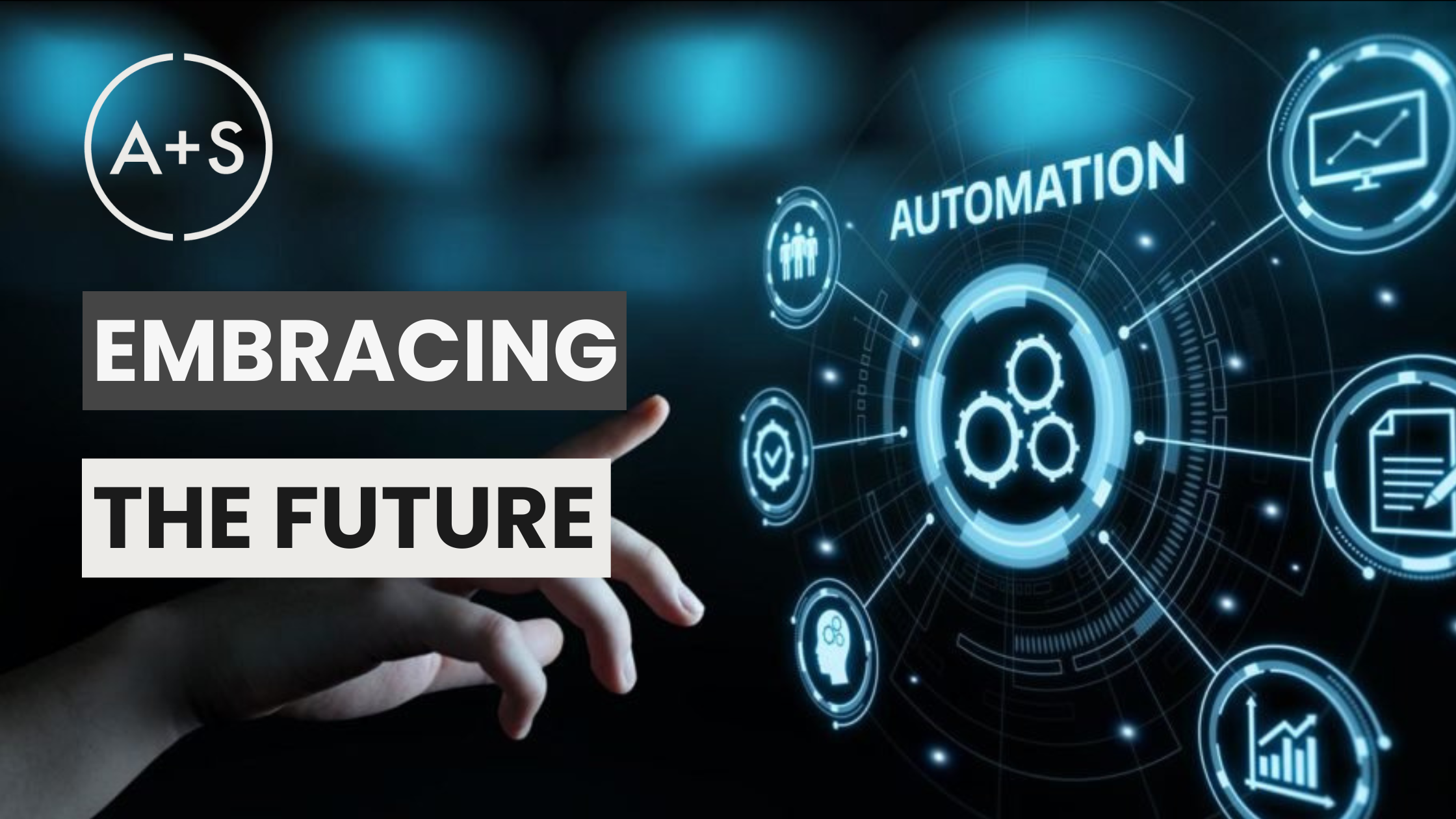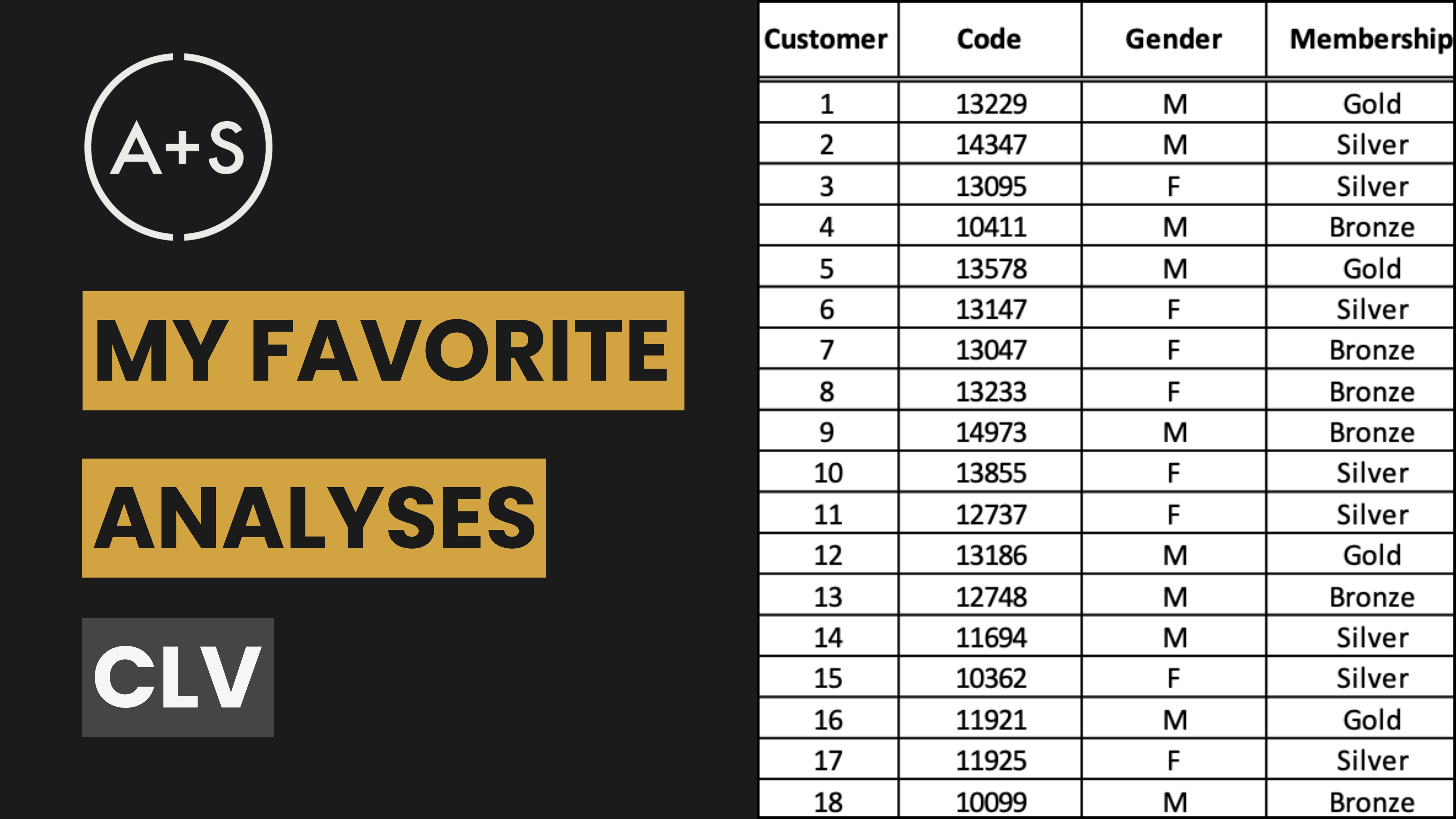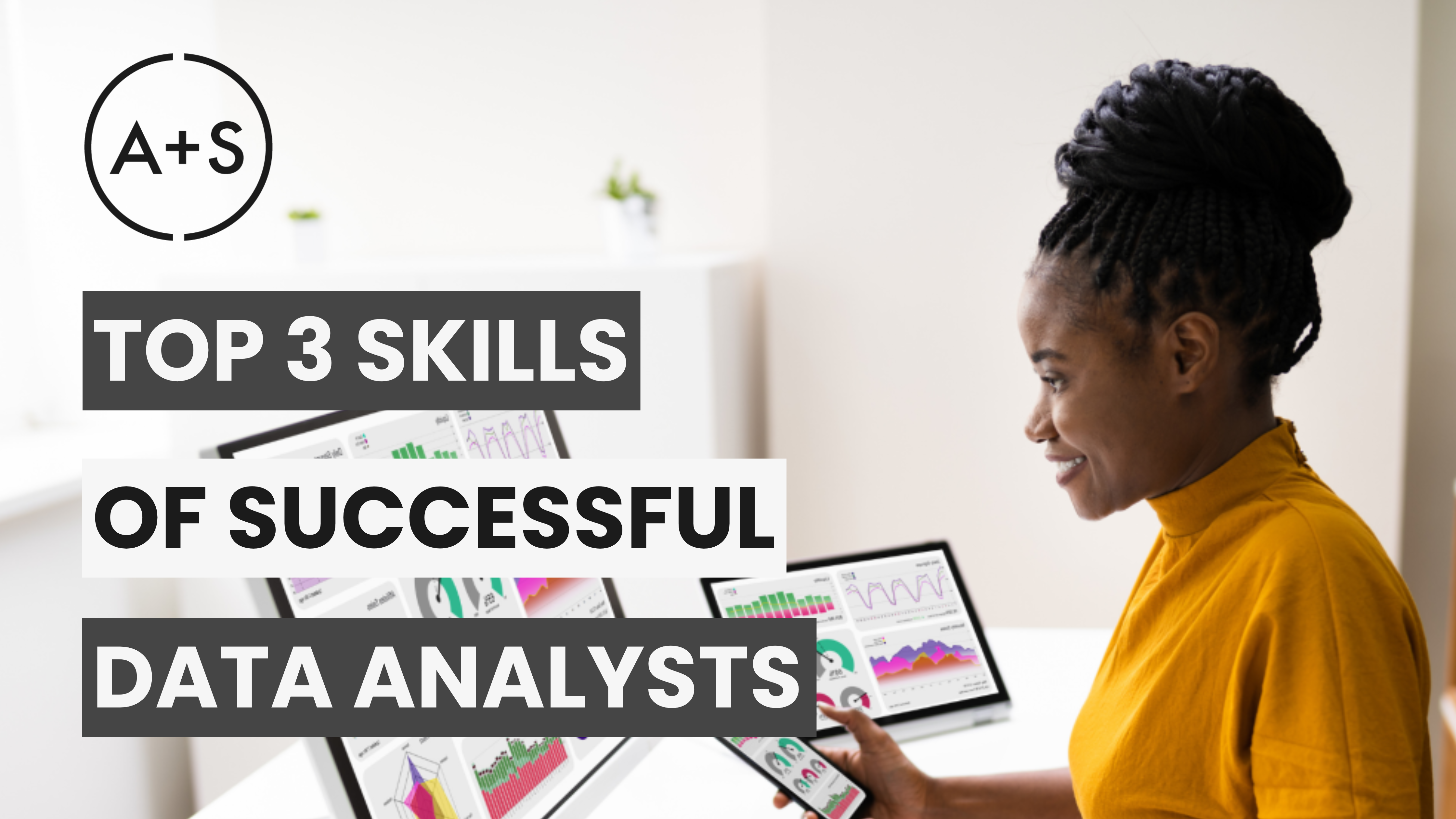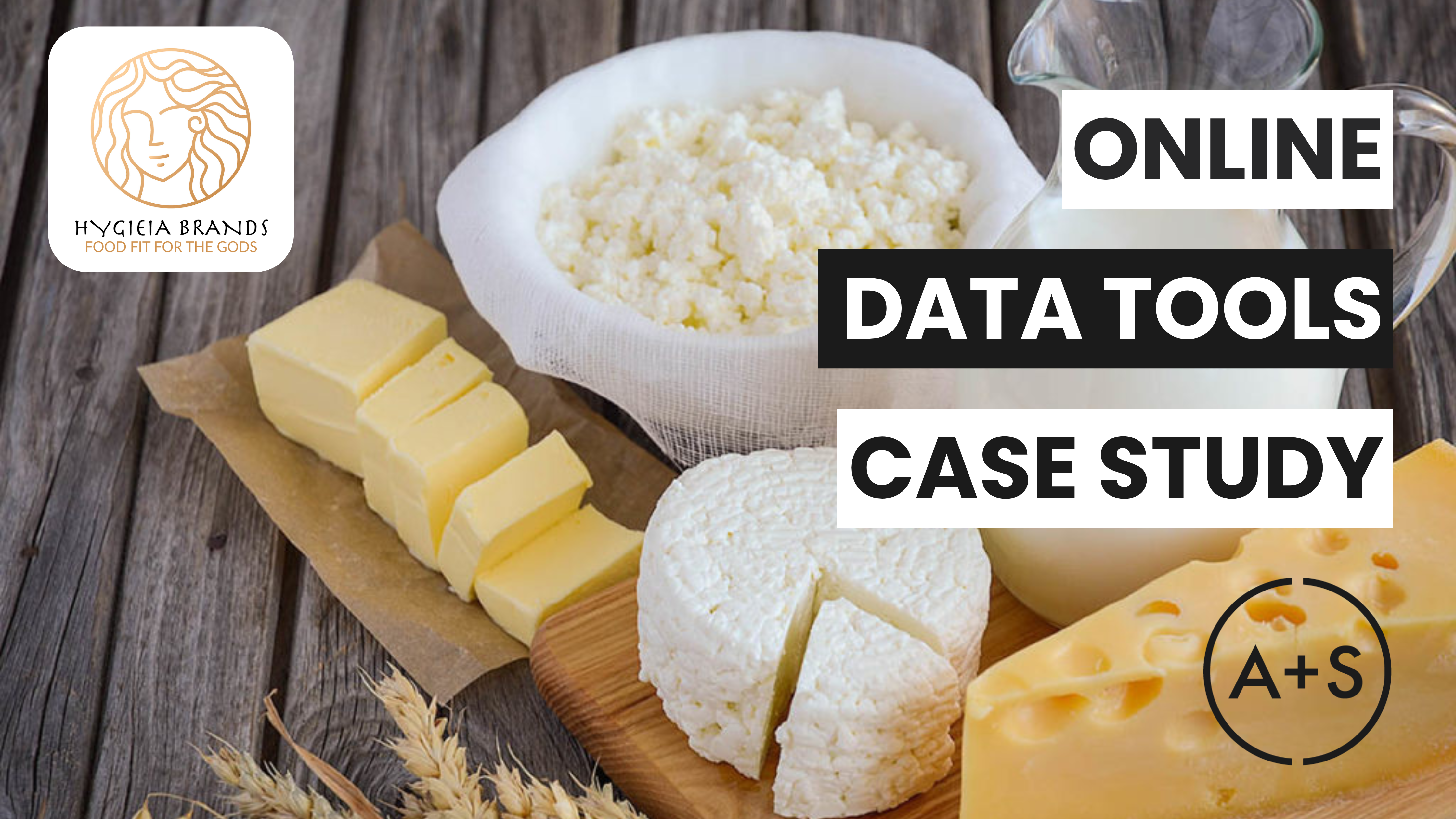In my previous post, “Unveiling the Future: The Transformative Impact of AI on Marketing,” we explored how Artificial Intelligence (AI) is reshaping the marketing landscape. Continuing this narrative, it’s crucial to understand that AI doesn’t just offer a theoretical framework; it’s a practical tool that brings about tangible changes through marketing automation.
This article pivots from the foundational concepts of AI in marketing to its implementation, focusing on how AI-driven automation is not just an extension but an evolution of these principles, propelling businesses towards enhanced efficiency and personalized customer experiences.
Defining Marketing Automation
At its core, marketing automation involves using digital tools and technologies to streamline and manage marketing tasks across various channels like email, social media, and websites. This technology is designed to automate repetitive tasks, allowing marketing teams to focus on bigger challenges that can only be truly addressed by human intelligence like strategy and content design. Salesforce and Sephora stand out as pioneering examples.
Salesforce has revolutionized customer service through its AI-driven CRM solutions. These tools streamline customer service processes and enhance personalized customer interactions, illustrating automation’s ability to foster customer relationships and operational efficiency. Moreover, the scalability of Salesforce’s applications bring automation to any sized business. This provides smaller organizations with the benefits previously enjoyed only by larger companies with deeper resources.
Sephora, on the other hand, has transformed the beauty retail experience by integrating AI and AR into its operations. From improving inventory and supply chain management to offering interactive shopping experiences through AR features like the “Virtual Artist” and “Digital Mirror”, Sephora’s approach demonstrates the transformative potential of technology in retail and customer engagement.
Together, these case studies exemplify the diverse and powerful applications of marketing automation across different industries.
Key Components of Marketing Automation
The integration of AI in marketing automation represents a significant evolution in the way businesses interact with customers and manage their marketing strategies. AI brings a level of sophistication and efficiency that was previously unattainable, enabling businesses to understand and anticipate customer needs more effectively.
-
Data Management: Central to effective marketing automation, data management involves collecting, storing, analyzing, and reporting data to inform decisions. Analytics and reporting tools automate the measurement of campaign effectiveness, providing insights for continuous improvement.
-
Lead Management: This focuses on acquiring, scoring, and nurturing leads. Automated systems identify potential customers and guide them through the sales funnel using personalized content.
-
Segmentation: Automation tools classify customers based on behavior, demographics, and preferences, enabling targeted marketing efforts.
-
Content Management: From creation to distribution, automation tools help manage content across various platforms, incorporating automated communication like chatbots.
-
Campaign Management: Automation streamlines the scheduling, execution, and optimization of marketing campaigns, ensuring operational efficiency and consistency across channels.
AI’s role in marketing automation is transformative. It not only streamlines various marketing processes but also brings a level of personalization and predictive power that can significantly enhance business growth. By leveraging AI, businesses can create more effective, efficient, and customer-centric marketing strategies.
Benefits of AI-Driven Marketing Automation
When automation is embraced (and implemented correctly), its benefits multifold, profoundly impacting how businesses approach marketing and customer engagement. For example, some of the most important benefits to the organization include:
-
Efficiency Enhancement: AI-driven automation excels in streamlining routine tasks, freeing marketing teams from the tedium of day-to-day operations. This shift allows professionals to dedicate their expertise to strategic thinking and creative endeavors that truly benefit from human insight and innovation. As a result, teams become more dynamic, focusing on areas that significantly impact brand development.
-
Personalization in Customer Experiences: Utilizing sophisticated algorithms, AI analyzes customer data to craft highly personalized content and interactions. This leads to more engaging and tailored experiences for each customer, fostering a sense of individual attention and care. Such personalization not only enhances customer satisfaction but also significantly boosts engagement rates, driving deeper brand loyalty.
-
Data-Driven Insights: AI’s ability to process and analyze vast amounts of data in real-time transforms marketing strategies. It offers actionable insights, enabling marketers to make informed decisions quickly. This agility helps ensure that marketing campaigns are better aligned with current trends, customer behaviors, and market dynamics, leading to more effective and successful campaigns.
-
Scalable Operations: As businesses grow, AI-driven marketing automation scales accordingly, managing increased volumes of customer interactions without losing effectiveness. This scalability ensures that businesses of all sizes can expand their reach and capabilities while maintaining the quality of customer engagement.
-
Cost Effectiveness: By automating and optimizing marketing processes, AI significantly reduces the need for resources. This efficiency not only saves time but also leads to considerable cost savings, allowing businesses to allocate their investments more strategically towards areas that drive growth and innovation.
AI-driven marketing automation not only streamlines various marketing processes but also adds a layer of intelligence that transforms customer interactions, decision-making, and overall marketing efficiency. The integration of AI into marketing strategies represents a substantial advancement, enabling businesses to achieve their goals with greater precision and effectiveness.
Challenges and Considerations
But for all the power AI-driven marketing automation provides, it comes with great responsibility. Its implementation presents distinct challenges that can derail any organization. Examples of “Automation Fails” seen at Epic Systems, the Dutch tax authority, and Sports Illustrated may have been avoided if only the most important challenges were addressed:
-
Integration Complexity: Integrating automation systems with existing workflows can be complex. Strategies for overcoming this include stakeholder engagement, phased implementation, and employing integration specialists.
-
Data Management: High-quality, consistent, and secure data is essential. Overcoming this challenge involves investing in robust data management systems, regular data audits, and adhering to data privacy regulations.
-
Skills Gap: The sophisticated nature of AI tools requires specialized skills. Addressing this gap can be achieved through ongoing training programs, workshops, and hiring or developing talent with the requisite expertise.
-
Ethical and Privacy Concerns: AI use must be ethically responsible and compliant with privacy laws. Establishing clear ethical guidelines and robust privacy policies is crucial.
-
Organizational Resistance: Change can be met with resistance. Mitigating this involves clear communication of the benefits, inclusive change management strategies, and demonstrating the value and ROI of automation technologies.
Addressing these challenges is essential for the successful implementation and optimization of AI-driven marketing automation.
Looking Ahead: The Future of Marketing Automation
As we look to the future of AI-driven marketing automation, it’s not just about the integration of current technologies or the improvement of data analytics. The horizon holds something more provocative – a landscape where AI is not just a tool, but a collaborator. We’re moving towards a world where marketing automation goes beyond predictive analytics to prescriptive actions, where AI doesn’t only suggest strategies based on human intelligence but actively co-creates with human marketers.
The future promises great synergy between human creativity and AI precision, leading to marketing that’s not just personalized but deeply empathetic, tapping into the unspoken needs and desires of consumers. This points to a time when marketing automation becomes a driving force in shaping not only how companies interact with customers but also how they innovate in product development and customer experience. To be sure, we will only continue to blur the lines between technology and human insight, leading us into an era of marketing that is more intuitive, responsive, and, if done correctly, more human.
If these insights resonate with you and want to explore automation’s potential in your business, Nore Analytics is here to guide you. Our expertise in leveraging marketing automation can help you realize new efficiencies and market opportunities. Reach out to us at kevin@noreanalytics.com to discover what Nore can do for your business.




